Today’s post is a first in a series. We start today with 5 supplies any SLP needs if… they work with clients with severe disabilities. This is a population that grabbed my heart and has never let go. They are the most wonderful clients and are the reason that I became an SLP. It can be a highly rewarding and extremely challenging position. If you work with clients with severe and profound disabilities (including Down Syndrome, Cerebral Palsy, Autism, genetic disorders, etc.) there are a few supplies that you will need to be successful!
Velcro –
Velcro is magic and is a must in any SLPs toolbox. However, if you work with clients with severe disabilities you will definitely need oodles of velcro. You will use this for PECS books, materials, books, and organizing materials. Velcro helps you to be flexible and address clients’ goals in many different ways. Velcro dots are a quick way to use velcro but any velcro is helpful.
Board Books –
Paper books are easily torn and do not stand up to saliva and other bodily fluids. One of the best investments I made was in popular therapy books in board books. Many of these books can be adapted for clients who use devices and will last much longer to disinfecting, throwing, and much more. These can usually be found at thrift stores, discount stores (like TJ Maxx) and from friends who have children that are getting too old for board books.
Fidgets –
Many OTs will recommend that children have access to “Fidgets” within their classrooms. Speech sessions are another great place to have fidgets available for clients. Some examples of fidgets are: squeeze balls, velcro under the desk/table, coil keychains, weighted lap pads, sensory brushes, putty, tangles, foot bands, and more. Consult the client’s OT for the best recommendations based on the needs of the child and what behaviors you are seeing during sessions.
Tablet case –
If you utilize a personal or workplace iPad or tablet you will want to invest in a quality case. I go for cases that are somewhat waterproof – at least enough to be able to wipe down and/or sanitize the device if it is drooled on or something else. There were countless days where my device had been bespeckled with many things during the session. My case (OtterBox) allowed me to wipe it off with a clorox wipe with no negative effects on the tablet. You will also want a case that provides protection for your tablet. My clients typically threw, dropped, or jumped on my tablet during any given therapy session. However, my iPad is still alive and kickin’ because of the quality case that I had on it. You paid hundreds of dollars for the tablet and apps… you might want to pay $50-100 for a great case as well.
Highly motivating and easy-to-use toys –
Many of my clients were working on basic communication skills. Highly motivating toys are universal and are easy to create communication opportunities with. Some great examples of these “toys” are: bubbles, cars, balls, blocks, dolls/baby dolls, pretend food/kitchen toys, toys that move, etc. Find toys that are easy to clean, target multiple clients’ goals (don’t buy something that only works with one client), and is sturdy. I love exploring my local thrift stores and garage sales for these items.
If you are lucky enough to work with clients with severe disabilities, I hope that you find this post of 5 must-have supplies helpful! What are some supplies in your “toolbox” for this population?
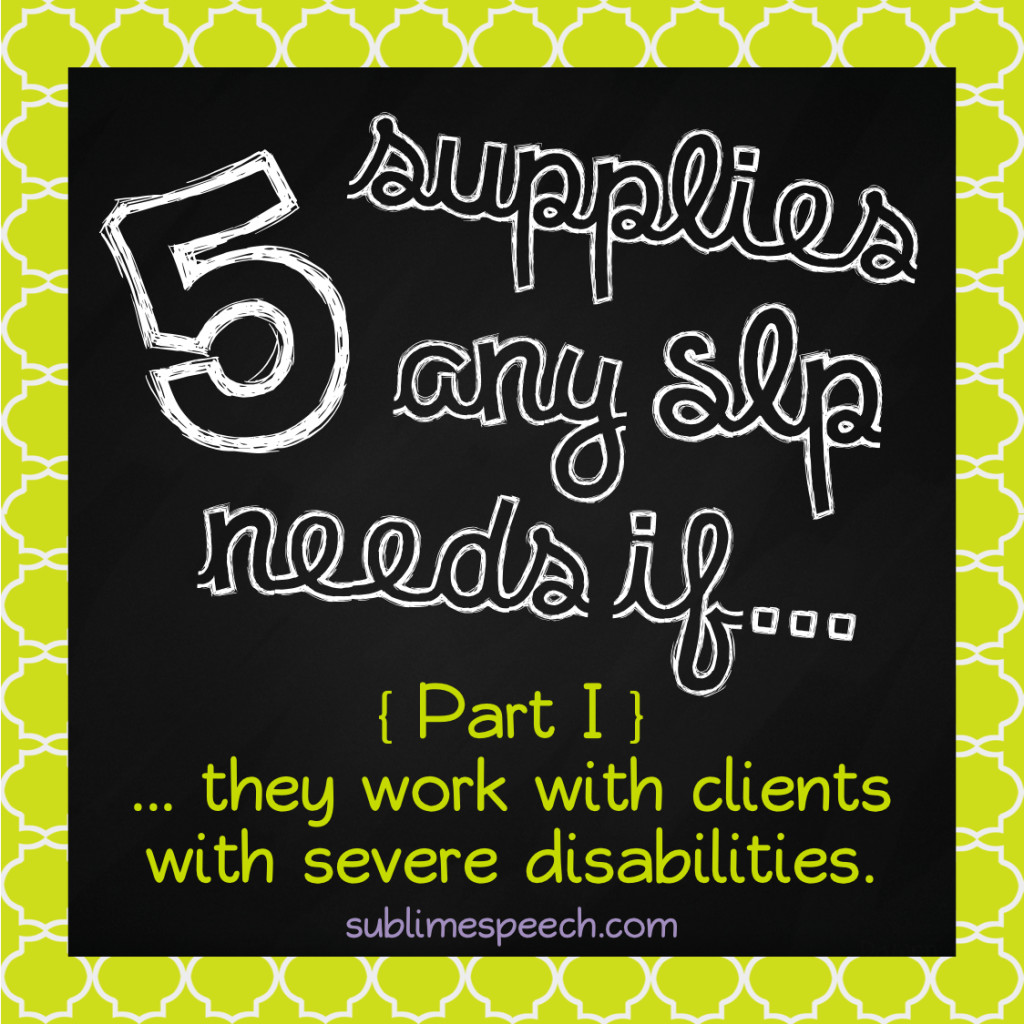
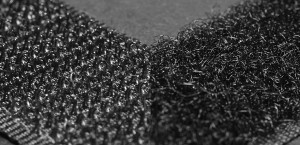
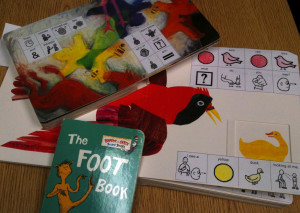
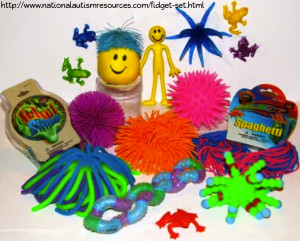
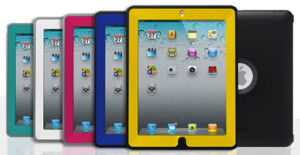
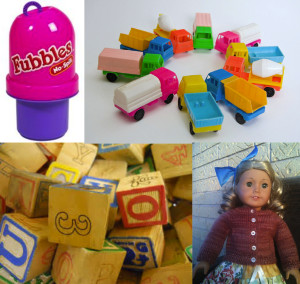
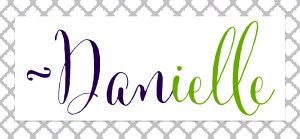
You nailed it! I will say that I tried crafts this year using low-tech communication boards and most really loved doing them. Always try things even if it is an epic fail.
I work in a school for kids with severe disabilities. I definitely use all these things! One thing I have come to use a lot of is stickers. I use boardmaker or google images and put them on labels. I use them in a variety of ways. I make them to go with a story and have the kids use them to answer WH questions or do concepts on a visual scene. The kids love them!